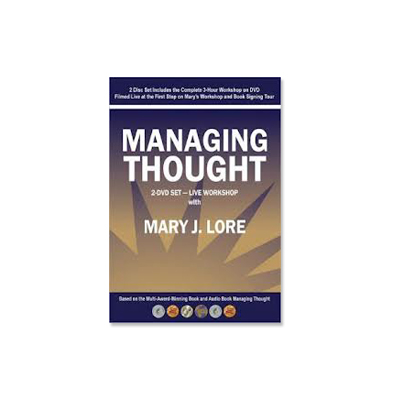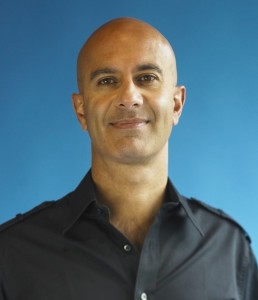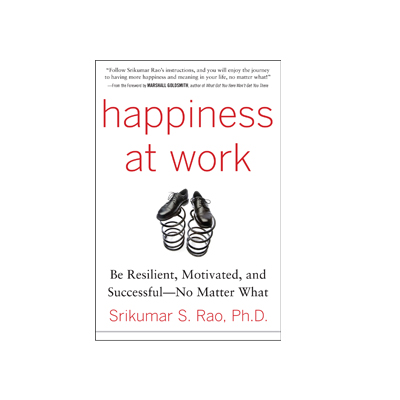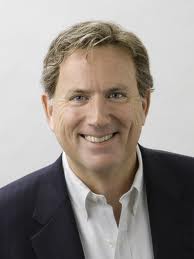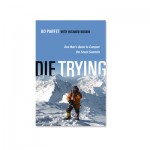 Mike Dolpies the author of “Motion Before Motivation“, says that there are thee kinds of people in the world–those who make things happen, those who watch what happens, and those who stand around and wonder ” What happened?”. He says that you are in control of what happens to you. Even if you trust in a higher power to guide you, you know that the higher power will help those who decide to help themselves.
Mike Dolpies the author of “Motion Before Motivation“, says that there are thee kinds of people in the world–those who make things happen, those who watch what happens, and those who stand around and wonder ” What happened?”. He says that you are in control of what happens to you. Even if you trust in a higher power to guide you, you know that the higher power will help those who decide to help themselves.
Mike’s book, “Motion Before Motivation“, references newtons first “Law of Inertia”. The important point that Mike is making by citing this law is that it is more important for us to take action, and that this is so important to manifesting what you want in life.
We can think all we want about attaining particular goals, but the most important step is the action. You need to be sure that the actions you are taking are in the direction of clearly defined goals. If not, “Natural Tendency” will work against you. In human terms, “Natural Tendency” is the force of habit. If someone is in the habit of constantly remaining in motion toward their goals, they will continue in that direction and get closer to them every day. If someone is in the habit of putting things off or waiting for the inspiration or motivation to compel them to get moving then nothing will happen and they will remain “at rest”.
Mike refers to what he calls “pro-active motion”. Pro-active motion is the motion you take based on solid principles, information and passion. Pro-active motion will enable you to think two, three or even four moves ahead. Pro-active motion will help you remain calm, control your stress levels and easily deal with the curve balls and setbacks of daily life.
There is a three (3) step success formula outlined in Motion Before Motivation. 1) Motion creates belief in Yourself 2) Belief in Yourself Creates Positive Emotions 3) Positive Emotions Give You the Desire to Fuel the Motivation You Need to Keep Going.
I believe that these steps to success are great advice, and if you want to learn more about Mike and his book Motion Before Motivation you can visit his website by clicking here.
